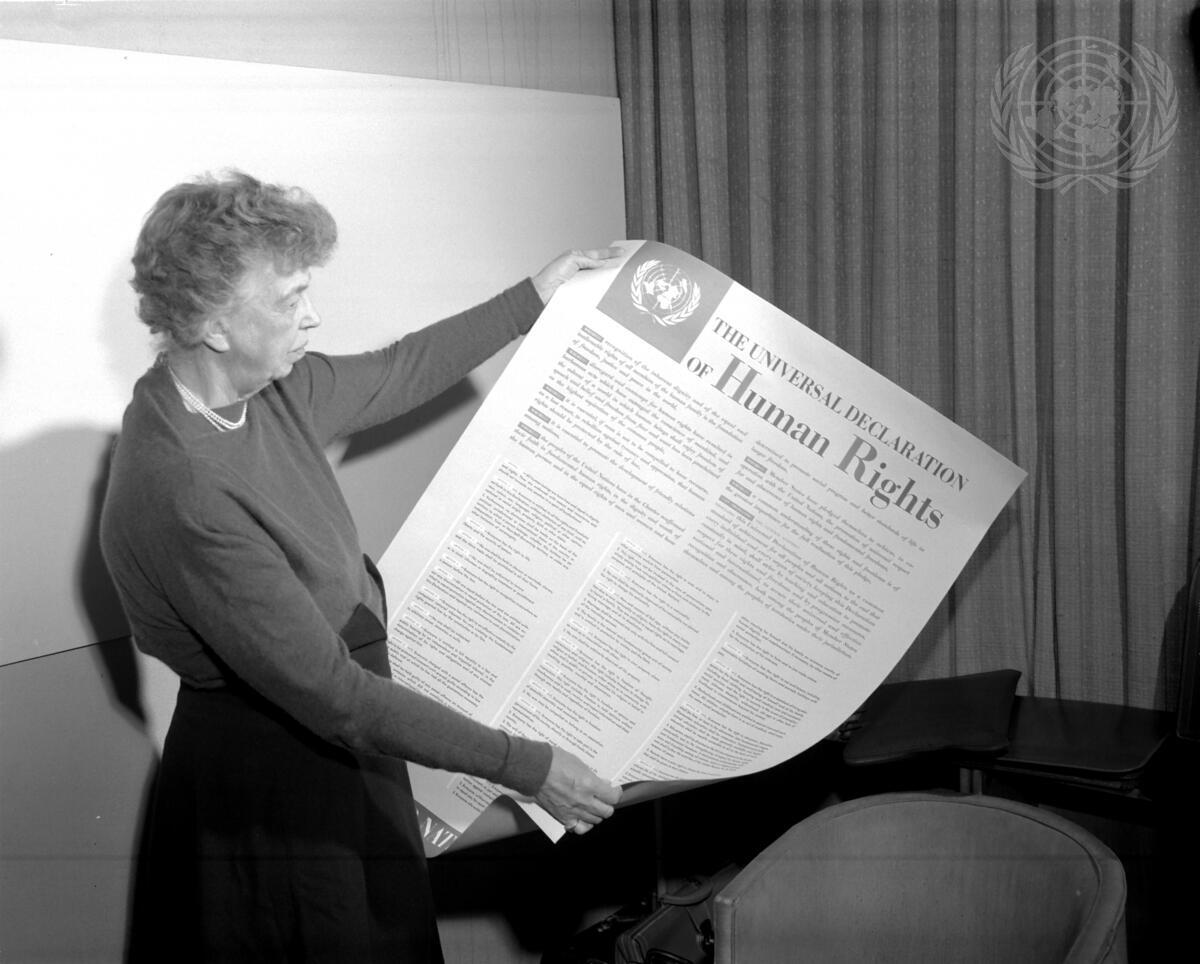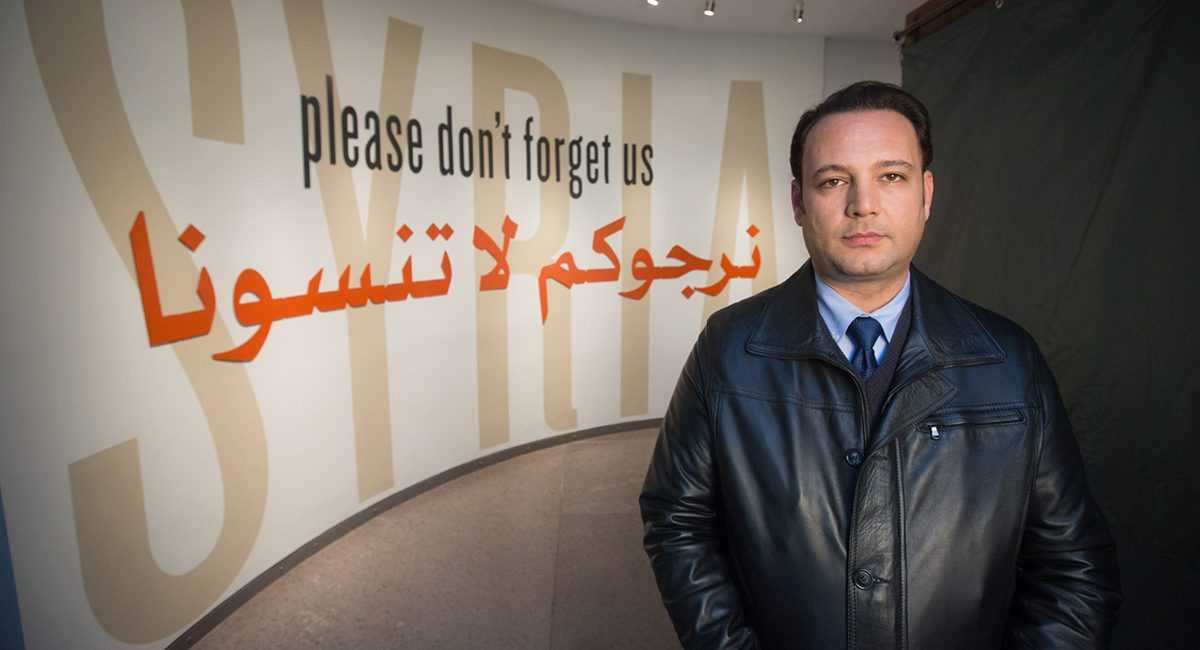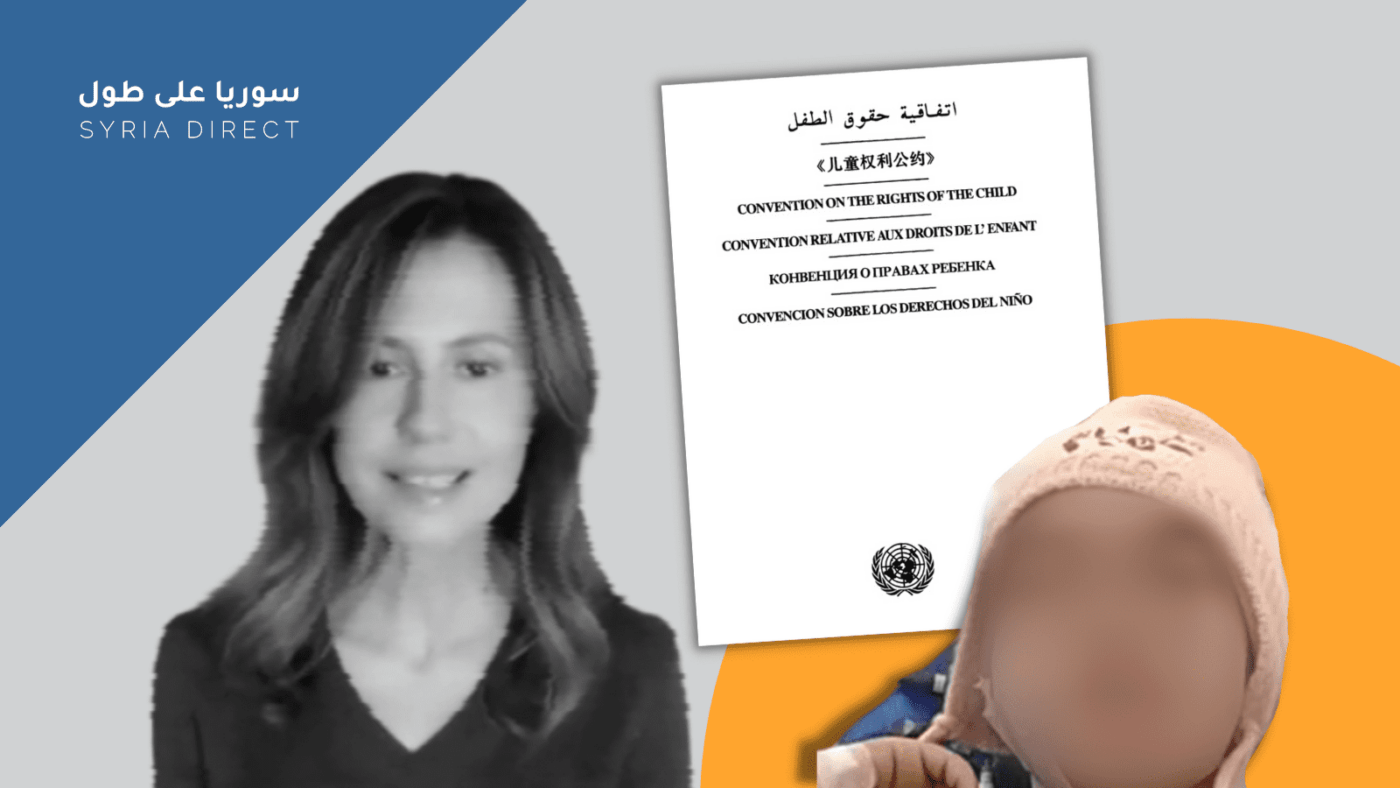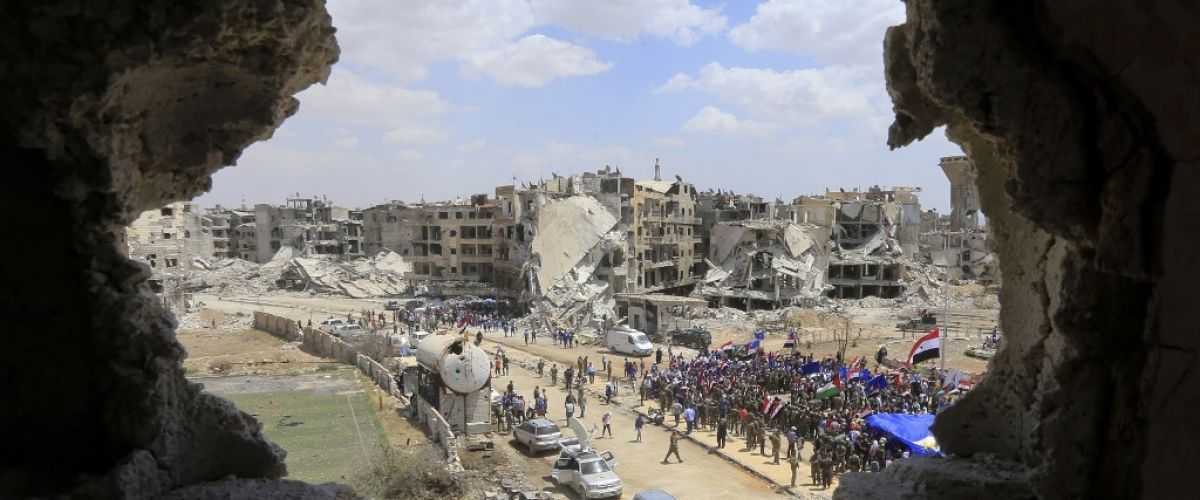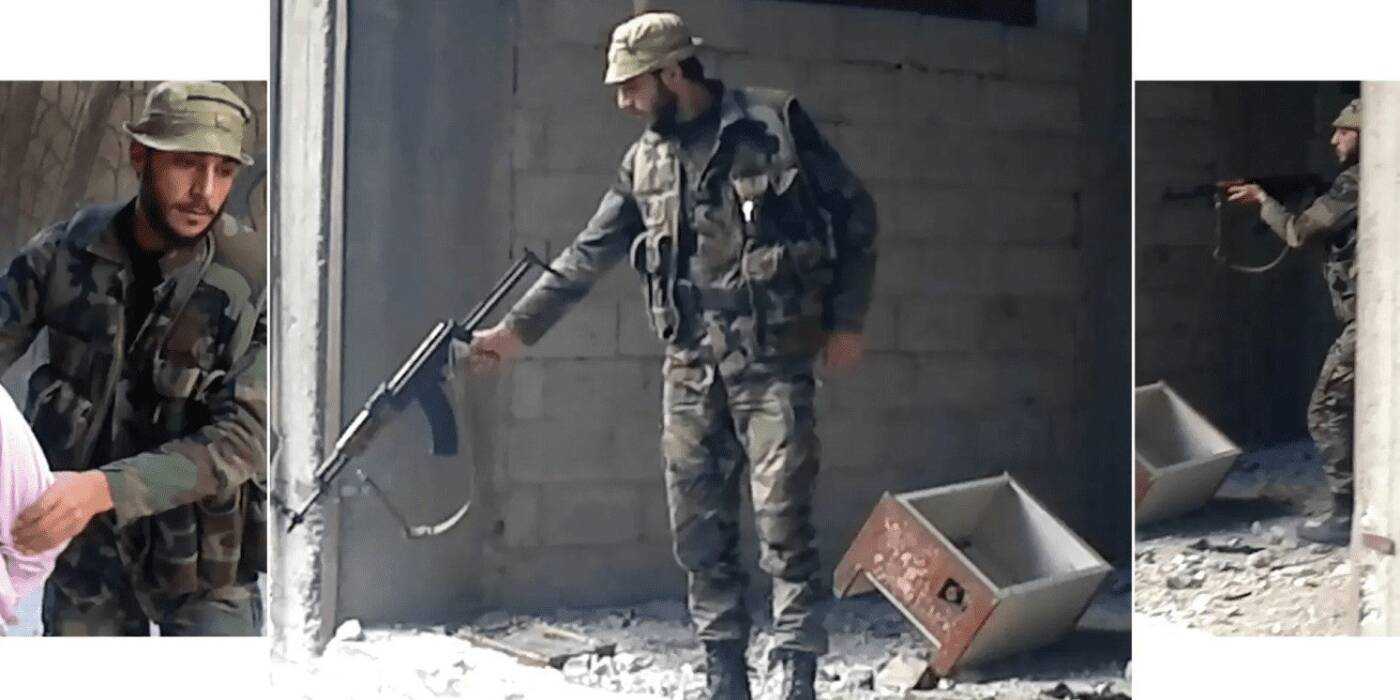Bio
Mansour al-Omari
is a Syrian human rights defender. He holds a Master of Law degree in Transitional Justice and Conflict, and is the Syria Correspondent at Reporters Without Borders. Al-Omari works with Syrian and international human rights organizations to hold the perpetrators of international crimes in Syria accountable. In 2012, al-Omari was arrested and tortured by the Syrian government for 356 days for documenting its atrocities while working with the Syrian Center for Media and Freedom of Expression overseeing the detainees department.
Latest Articles
Op-Ed: On HR 75, impunity is a pandemic—the UN should step up
As the Universal Declaration of Human Rights turns 75, Syrian human rights activist and legal researcher Mansour al-Omari calls on the United Nations to take action against a “pandemic” of impunity, including appointing a Special Rapporteur on Impunity for international crimes.
Op-Ed: Releasing detained civilians should be a US Syria policy priority
“We want the detainees” is the most chanted and long-standing slogan in recent Syrian history, and should be a central focus of US policy towards Syria, writes Mansour Omari.
Op-Ed: Did Asma al-Assad violate national, international laws in her video call with an injured Syrian child?
Asma al-Assad’s publicized video call with an injured child exposed her and her parents to psychological and physical risks, in violation of the UN Convention on the Rights of the Child and Syrian law protecting children from abuse.
Op-Ed: What could the new US Atrocity Prevention Strategy mean for Syria?
The first-ever US Strategy to Anticipate, Prevent and Respond to Atrocities could be a “significant advance” in protection efforts, but requires international collaboration and political will to be effective, writes Mansour Omari.
Op-Ed: ‘Confession’ videos under torture: A integral industry of dictatorship
Producing coerced confession videos under torture or the threat of torture is one way repressive regimes “keep themselves in power and tighten their control over the people,” writes Mansour al-Omari.
Op-Ed: How can German police help the families of the Tadamon massacre victims identify their loved ones?
There are multiple steps that German police must take to help the families of possible victims of the Tadamon massacre identify their loved ones while avoiding unnecessary trauma, writes Mansour Omari.
Op-Ed: The Tadamon massacre: Why publishing videos of mass atrocities matters
Full access to videos and images of mass atrocities in Syria is the “absolute right” of those whose missing loved ones may appear in them, writes @MansourOmari. He proposes 8 guidelines for organizations and media to follow.

